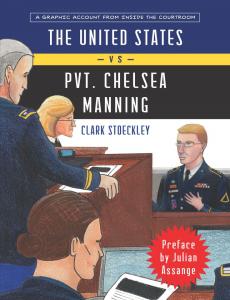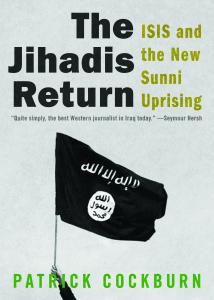Victory palms. GRAPHIC: EMILY JOHNS
On 2 February 2017, Phil Shiner, the award-winning human rights lawyer who brought the UK government to account for the 2003 killing of the Iraqi hotel receptionist Baha Mousa, was struck off by the solicitors disciplinary tribunal (SDT). In March 2017, Shiner, who was also ordered to pay interim costs of £250,000, was declared bankrupt, and was reported to be in poor health.
Shiner and his legal firm, by fighting for victims of the Iraq war, had…









